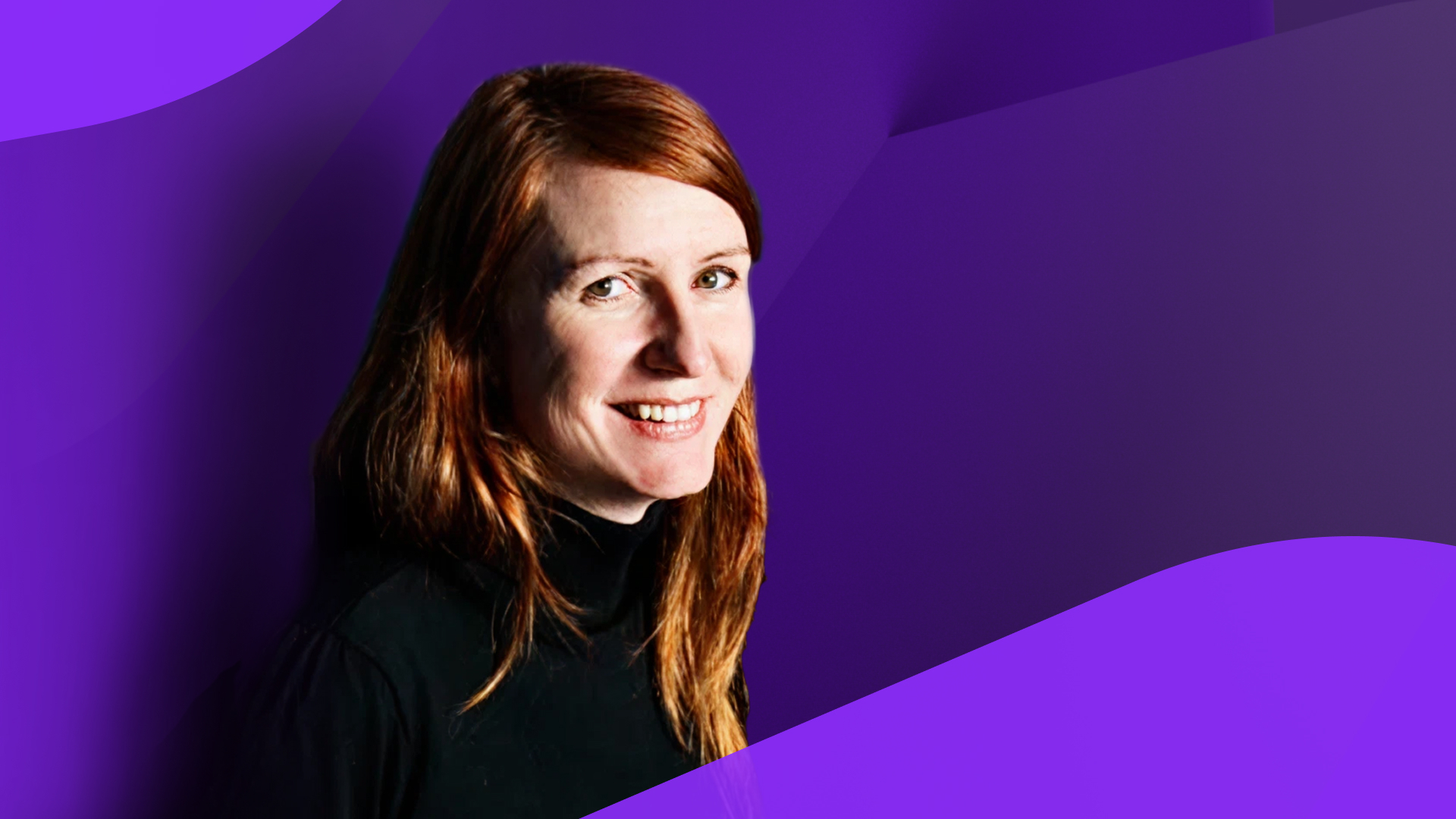Standards are the invisible infrastructure that keeps our digital world running. But when the work is dominated by a few major players, important ideas risk being lost. To strengthen Sweden’s innovation capacity and digital sovereignty, we need more voices in the room – not least from small and medium-sized enterprises (SMEs) and academia.
Article in brief:
When standardisation is driven almost entirely by a handful of large stakeholders, vital innovation and competitiveness are lost. Sweden needs more voices in international processes to strengthen both its competitiveness and digital sovereignty. For SMEs, participation can open doors to new markets and partnerships. For researchers, it offers a way to put knowledge into practice and build relations with industry. And for Sweden, it means greater influence in critical areas such as security, interoperability and sustainability. Standardisation is also a place for learning and exchange – an arena where people from across the world meet to shape the digital rules of tomorrow.
Narrow perspectives
Standardisation within information and communication technology (ICT) is today strongly shaped by large corporations. SMEs and researchers seldom take part – often due to limited resources, but also because the work is perceived as complex and difficult to access.
“Many associate standardisation with long meetings and bureaucracy. In reality, it’s a creative arena where you learn, grow and build networks.”
– Katrin Sjöberg, Technical Advisor at Volvo Autonomous Solutions and Chair of two working groups within ETSI.
When important voices are missing, the consequences are tangible. SMEs often drive technological innovation, and researchers hold the latest knowledge – but if they are absent, their ideas risk being marginalised. At the same time, standards can become distorted. When they are primarily shaped by major companies, they tend to reflect those business models rather than the needs of the wider market and society.

Katrin Sjöberg, Volvo Autonomous Solutions
What’s at stake for Sweden?
For Sweden, the issue goes far beyond individual technologies. It is about our ability to influence the rules that govern the digital infrastructure.
If more Swedish stakeholders do not get involved, we risk becoming rule-takers – forced to follow others’ rules – instead of rule-makers who help define them. That would leave other countries and companies deciding how future digital systems should work, while Sweden would have to adapt afterwards.
Countries such as Germany have a more established culture of standardisation. There, companies – both large and small – see participation as a strategic tool for shaping developments and securing their markets. Sweden has a long engineering tradition and world-leading companies, but we are often more cautious.
The consequences of inaction are clear:
- Innovation slows down. New ideas from SMEs and academia struggle to gain traction when standards are built around the perspective of large corporations.
- Markets become distorted. Solutions risk being locked into a few proprietary ecosystems, reducing competition and raising costs.
- Sweden loses influence. We have less say in critical areas such as security, interoperability and sustainability – and end up adapting to decisions made by others.
At its core, this is a matter of digital sovereignty. If we are not involved in shaping the standards that underpin our digital infrastructure, we lose the ability to steer development on our own terms.
The benefits of broader participation
When more actors take part in standardisation, both the quality of the standards and Sweden’s international position improve.
- For SMEs: An opportunity to influence the rules on equal terms, reach global markets faster and build partnerships that might otherwise be out of reach.
- For researchers: A way to translate research into practice and increase its real-world impact. Participation also opens new paths to collaboration and funding, for instance through European programmes such as Horizon Europe.
- For Sweden: Broader participation strengthens competitiveness – enabling Swedish companies to compete on equal terms, influence the global rules that shape their markets and create long-term conditions for innovation.
- For society: A safer and more reliable digital everyday life, easier interoperability between products and a more sustainable future built on efficient and inclusive solutions.
Facts: Horizon Europe
What: The EU’s framework programme for research and innovation – the largest of its kind in the world.
When: 2021–2027, with €95 billion in funding for research and innovation projects.
Aim: To strengthen Europe’s scientific and technological base, drive innovation and address societal challenges such as climate, digitalisation and health.
Who can apply: Universities, research institutes, companies (including SMEs), public authorities and civil-society organisations.
Link to standardisation: Many projects have a direct connection to international standards. Participation allows researchers and companies to influence regulatory frameworks while creating partnerships that enhance their innovative capacity.
Standardisation opens doors
One of the most tangible values of standardisation is the network it provides. Taking part is not only about influencing technical solutions, but also about building international relationships with colleagues, competitors and future partners.
“The network is invaluable – both for me personally and for Volvo. You meet people from all over the world and build connections that last for years,” says Katrin.
ETSI as a model – and the people behind it
ETSI (European Telecommunications Standards Institute) is one of the three European standardisation organisations responsible for ICT. It has been the birthplace of many of the most significant standards of modern times – from GSM to today’s 5G.
“What I appreciate about ETSI is its openness and transparency. Everyone can follow the work, and every comment is taken seriously – whether it comes from an SME or an industry giant. We don’t push through standards while there are objections; we work until we reach consensus. That’s what creates solutions the market can actually use.”
And ultimately, it all comes down to people.
“It’s about individuals who share information, who mean well and who genuinely want to build a better world. That’s what makes standardisation so valuable.”
Stronger competitiveness and influence
Katrin’s own path into standardisation began during her doctoral studies. She researched how vehicles can communicate directly with each other to increase traffic safety – a field that ETSI was starting to standardise at the same time.
“It was really by chance. I joined ETSI as a PhD student to follow developments – and I was hooked. It turned out to be so much more than technology: the discussions, the people, the opportunity to make a difference. I learned so much, and I still do. Standardisation is a way to turn research into practice.”
For Katrin, ETSI became the first truly international arena for technological collaboration and shared rules around future digital systems. There, she gained early insight into both the power and the challenges of creating common frameworks – and built the network that she today sees as one of the greatest rewards of her engagement.
If more SMEs, researchers and new actors take part in standardisation, the result will be a stronger Sweden – with greater competitiveness for our companies and increased international influence.
“We need more people to take part in the work – otherwise we risk standardising with too narrow perspectives.”
– Katrin Sjöberg
You are needed. Share your knowledge and perspectives within your field – and grow your international network along the way.
Learn more about:


